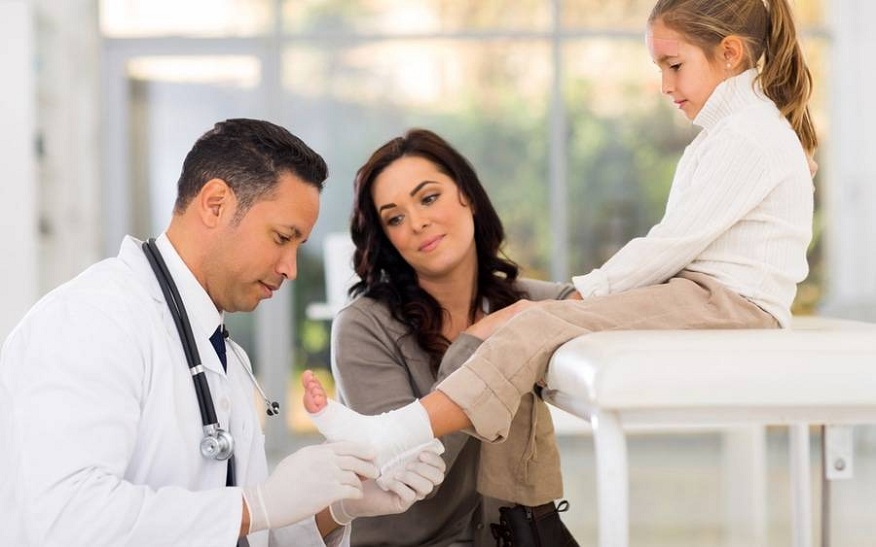We’ve all been there. You wake up in the middle of the night coughing, feverish, panicked – the hallmarks of an ailment that just can’t wait until morning. Your doctor’s office is closed. The Emergency Room seems too extreme. What option do you have left? Enter the Urgent Care Specialist. In this role, I serve as the vital bridge between your regular physician and the ER. In the heart of the pandemic, places like covid yakima highlighted the indispensable role of Urgent Care Specialists. We stand at the frontline, providing immediate, critical care to those who need it most. This blog is an exploration of that role and how it’s reshaping healthcare as we know it.
The Role of Urgent Care Specialists
In the fast-paced world of medical emergencies, Urgent Care Specialists wear many hats. We diagnose, we treat, we comfort. From broken bones to severe flu, we handle a variety of cases that need immediate attention.
The Gap in Healthcare
Traditionally, patients had two options: wait for an appointment with their regular physician or rush to the ER. Neither choice is ideal when you’re dealing with an immediate health concern that isn’t life-threatening. That’s the healthcare gap Urgent Care Specialists fill.
Bridging the Gap
As Urgent Care Specialists, we are trained to treat a broad range of illnesses and injuries. We are also equipped to perform minor procedures. This fills a crucial need for patients who need care right away, but whose conditions aren’t severe enough for the ER.
During a Pandemic
When COVID hit Yakima, the role of Urgent Care Specialists became even more critical. We were, and continue to be, the first line of defense for many patients. We don’t just treat COVID symptoms. We also help manage the surge of patients, keeping the ERs from becoming overwhelmed.
The Future of Healthcare
With the rise of Urgent Care facilities, we are reshaping the healthcare landscape. We are making it more accessible, more immediate, and more responsive to patient needs. By bridging the gap, we are paving the way for a healthcare system that can better serve everyone.





